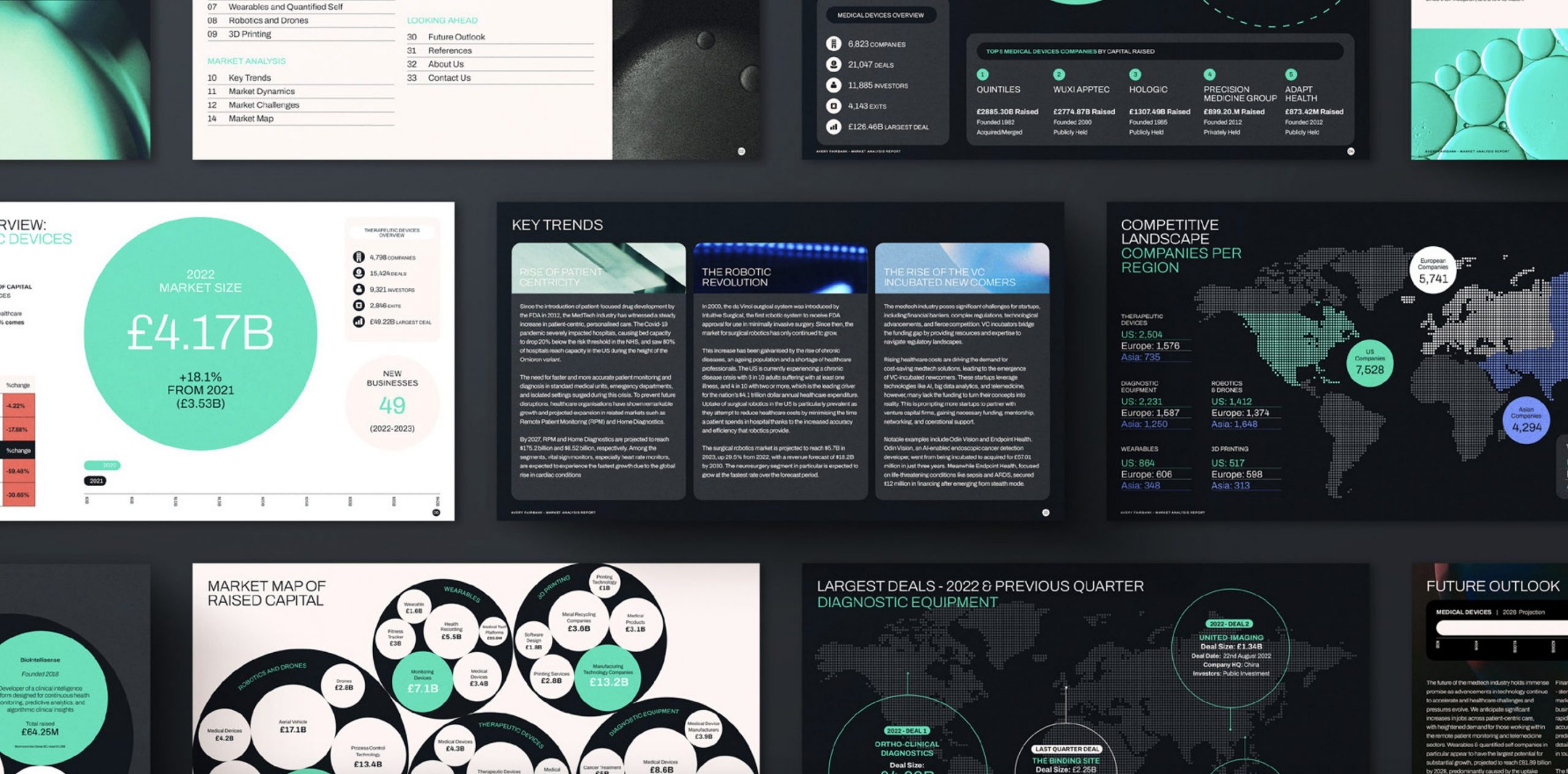November 30, 2023
The integration of artificial intelligence in healthcare raises several ethical concerns, including issues of privacy, surveillance, and bias. The reliance on technology in healthcare brings inherent risks like data inaccuracies and breaches, which could lead to severe consequences for patients. Given the lack of clear regulations addressing the ethical and legal aspects of AI in healthcare, this subject warrants thorough examination and discussion.
The Necessity of AI in Modern Healthcare
The healthcare sector, especially nursing, faces a paradox of being critically important yet often undervalued, with professionals frequently encountering overwhelming workloads. The growing prevalence of chronic diseases and resource limitations demands innovative solutions. Artificial intelligence and technology present opportunities to alleviate some of these burdens. AI can relieve healthcare workers from tasks that can be automated, enabling them to concentrate more on direct patient care. The capacity of AI to rapidly process and interpret vast quantities of digital data offers potential breakthroughs and insights, which can transform healthcare delivery and patient outcomes.
Ethical Considerations in AI-Managed Data
Implementing AI in healthcare brings forth critical issues related to data management and security. The utilisation of electronic healthcare records for research, healthcare quality enhancement, and clinical care optimisation is beneficial, but it also poses risks of unauthorised access and misuse. Ethical dilemmas also arise regarding the ownership of individual healthcare records and patient histories. There are concerns about whom these records are shared with, the circumstances under which sharing occurs, and whether patient consent is required for such exchanges.
Ethical Challenges in AI-Enhanced Drug Development
The integration of artificial intelligence in drug development is anticipated to revolutionise the current, human-centric, and labour-intensive process. AI’s capabilities extend to using data processes in drug discovery, involving robotics, and modelling genetic targets, diseases, their progression, and potential treatments. The scope of AI’s contributions to patient care and recovery appears vast and transformative.
However, this innovation is not without its ethical quandaries. The healthcare industry is grappling with whether existing laws are sufficient or if new regulations are needed to safeguard patients from AI’s potential risks. Key ethical concerns include obtaining informed consent for data use, ensuring safety and transparency, addressing algorithmic biases, and maintaining data privacy. It’s crucial for policymakers to proactively address these issues, ensuring AI’s advantages in healthcare significantly outweigh its risks.
Merging AI with Healthcare
As the healthcare industry evolves with AI integration, securing exceptional talent becomes pivotal for success. At Avery Fairbank, we excel in executive recruitment for healthcare and AI sectors, linking elite professionals with premier organisations. Trust us to identify the ideal candidate tailored to your team’s unique needs, solidifying your position as an innovator in this rapidly advancing field. For detailed insights into our executive search services, visit our website. Should you have any queries about your specific needs, please feel free to contact us.

Published on 30-11-2023


